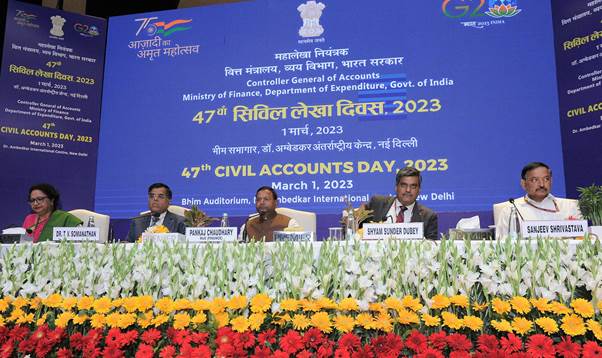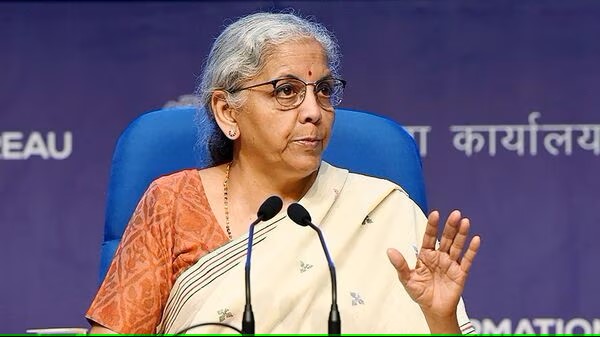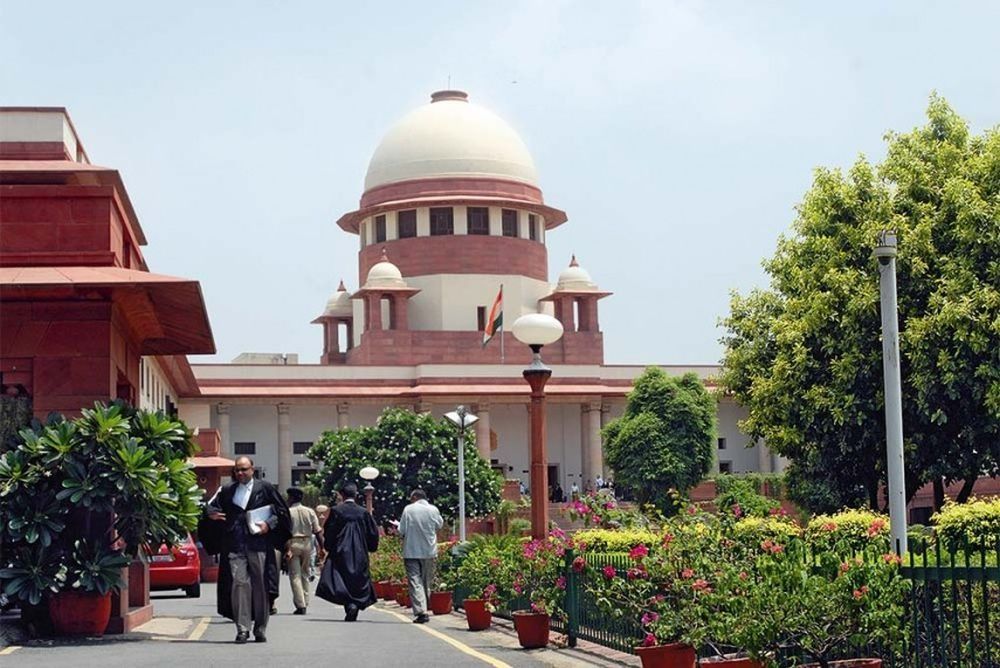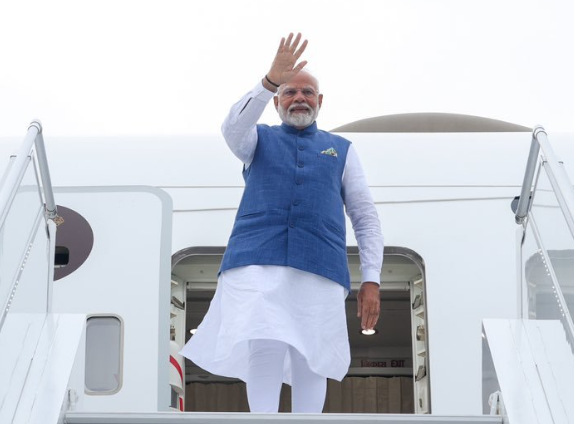March 1st, 2024, witnessed a significant event in India’s capital city, New Delhi: the celebration of Civil Accounts Day, marking the 48th anniversary of the Indian Civil Accounts Service (ICAS). This occasion transcended mere commemoration – it served as a platform to acknowledge past achievements, ignite discussions on future challenges, and chart a course for continued progress in public financial management.
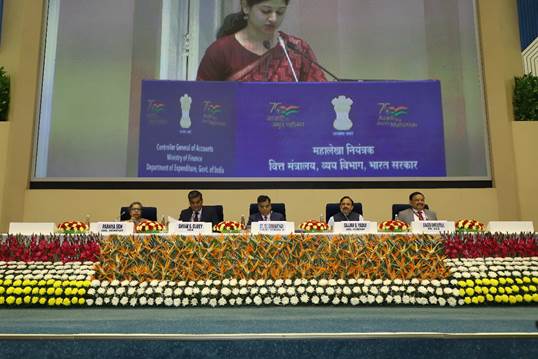 The event, graced by prominent figures like Dr. T. V. Somanathan, Union Finance and Expenditure Secretary, brought to light the crucial role played by ICAS and its associated organizations in ensuring efficient and transparent financial management for the Government of India. This commitment to public financial well-being resonated throughout the day’s proceedings.
The event, graced by prominent figures like Dr. T. V. Somanathan, Union Finance and Expenditure Secretary, brought to light the crucial role played by ICAS and its associated organizations in ensuring efficient and transparent financial management for the Government of India. This commitment to public financial well-being resonated throughout the day’s proceedings.
Highlighting Achievements and Milestones:
A series of pronouncements and presentations showcased the organization’s remarkable accomplishments:
- Union Finance Minister Smt. Nirmala Sitharaman lauded the Public Financial Management System (PFMS) as a game-changer, revolutionizing government financial administration. She emphasized its role in establishing an efficient fund flow mechanism and facilitating a real-time, reliable management information system. This system, implemented by the office of Controller General of Accounts (CGA), has facilitated the transfer of a staggering Rs. 34 lakh crores from the government directly to beneficiaries through the Direct Benefits Transfer (DBT) mechanism, enabling financial inclusion and streamlined service delivery.
- Comptroller and Accountant General of India (CAG) Shri Girish Chandra Murmu, in a video message, underscored ICAS’s unwavering commitment to embracing technological advancements as a driver of reform. He cited the PFMS as a prime example, highlighting its transformative impact on public financial management.
- Finance Secretary Dr. Somanathan echoed this sentiment, applauding ICAS for its technological advancements such as the Treasury Single Account and the seamless implementation of new fund flow mechanisms. Recognizing the importance of efficient bill processing, he urged the organization to strive for the complete adoption of the e-billing system for enhanced efficiency and transparency. Beyond Achievements: A Look at Impact and Collaboration:
- Controller General of Accounts (CGA) Mr. Shyam Dubey presented the organization’s accomplishments, showcasing their continuous efforts to improve public financial management:
- Facilitating the transfer of over Rs. 22.85 lakh crore during the COVID-19 pandemic, including critical DBT schemes, demonstrating their unwavering support during challenging times.
- Expanding the reach of the e-billing system to encompass a wider range of transactions, fostering greater transparency and reducing potential errors.
- Implementing revised fund flow mechanisms through Treasury Single Accounts, Central Nodal Accounts (CNA), and Single Nodal Account (SNA) systems, streamlining financial processes and ensuring efficient resource allocation.
- Revising object heads and the Civil Accounts Manual, ensuring accurate and consistent financial reporting practices, crucial for effective financial oversight and decision-making.
- Successfully piloting the SNA-SPARSH system, a testament to PFMS’s robustness in cash management and its continuous quest for improvement, paving the way for a more efficient and flexible cash flow management system.
- Contributing to India’s improvement in G-20 Data Gap initiatives, demonstrating their commitment to international collaboration and transparency, and fostering best practices in public finance management across the globe.
Adding to the celebration, a revamped PFMS website featuring user-friendly functionalities was launched, aligning with the government’s guidelines for website design and ensuring accessibility and transparency for all stakeholders. Additionally, FM Samman Awards were presented to various field formations in recognition of outstanding work by officers, highlighting individual contributions and fostering a culture of excellence within the organization.
The day extended beyond mere celebration, fostering forward-looking discussions on critical aspects of public financial management:
- The evolving role of ICAS and collaborations with retired CAGs: This session explored how ICAS can leverage the experience and insights of retired officials to navigate future challenges and opportunities. By fostering knowledge transfer and collaboration, ICAS can ensure the continued evolution and improvement of public financial management practices.
- Enhanced service delivery through improved banking interfaces with the government: This discussion aimed to identify ways to strengthen collaboration between the government and banking institutions to streamline financial transactions and improve service delivery for citizens. By fostering efficient communication and seamless data exchange, both government and citizens can benefit from improved service delivery and reduced administrative burdens.
- Harnessing PFMS as a tool for cash management and data-driven governance: This session explored how PFMS can be further utilized to optimize cash flow management and utilize data for informed decision-making. By leveraging the vast amount of data collected

